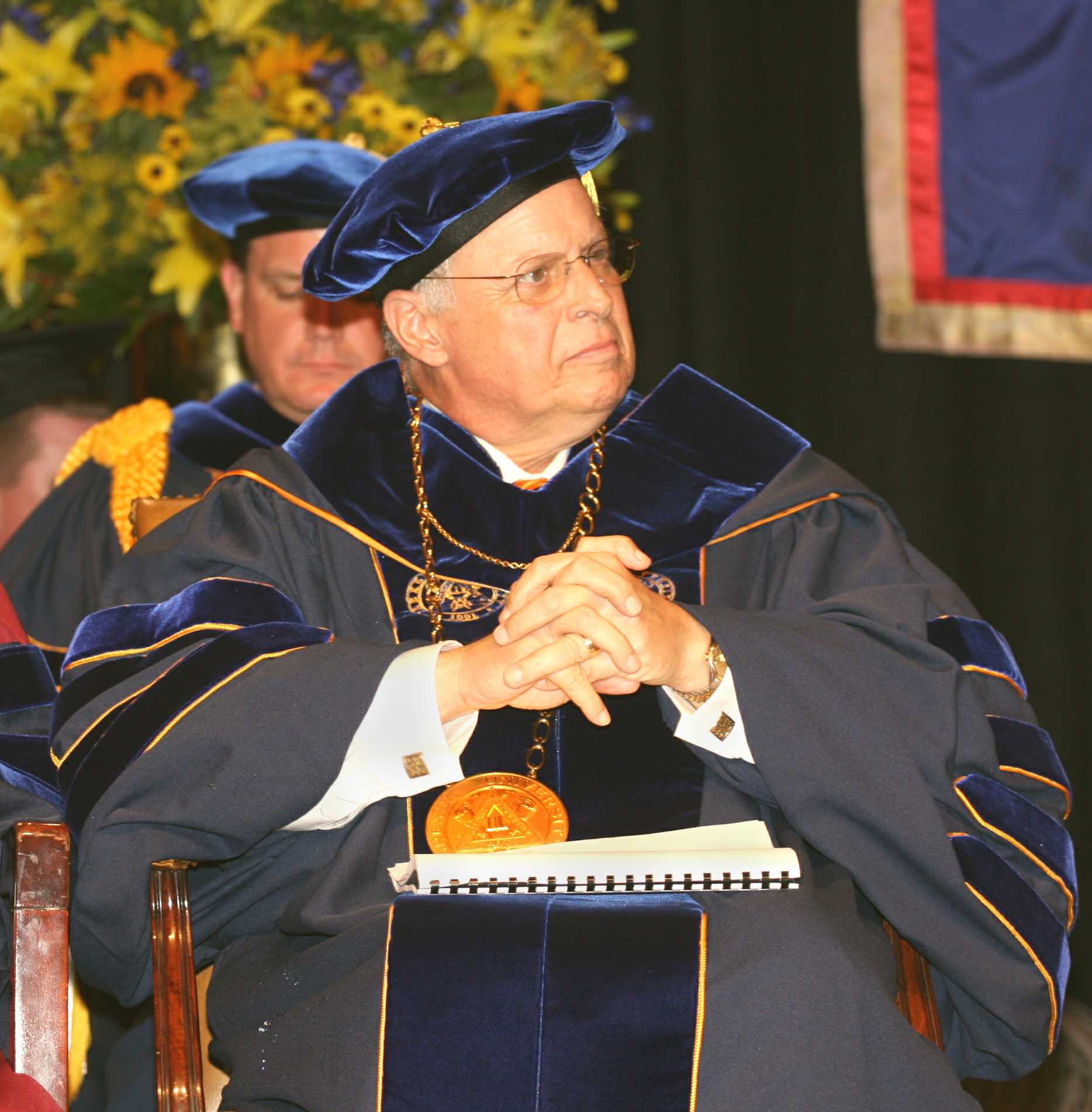Constantine Papadakis

Constantine Papadakis has been the President of Drexel University in Philadelphia, PA since 1995. During his tenure, Papadakis has leveraged the historic strengths of the University (co-operative education, a focus on technology and the rich resources of its Philadelphia location) to...
- double full-time undergraduate enrollment from 4,500 in 1996 to more than 12,000 today;
- triple freshman applications;
- quadruple the endowment from $90 million to more than $500 million; and
- quintuple research funding.
Today, Drexel educates 17,500 students, is the sixth largest private employer in Philadelphia employing more than 5,000 people and has an annual budget of more than $572 million.
Papadakis' salary of $805,000 is currently the sixth highest among university presidents. Source: The Triangle (Drexel University's Student Newspaper)
an excert from the wall street journal Drexel -- You Gotta Love It ... or Hate It The Wall Street Journal, 703 words Mar 8, 2005 As a Drexel undergraduate, I'm all too familiar with the way President Constantine Papadakis runs this institution. The students here lovingly refer to his cost-cutting tactics as "the shaft." This mentality isn't limited to students. Professors joke about Drexel's self-proclaimed title of "No. 1 in technology" when their outdated laptops fail to bring up PowerPoint slides. Only two of the five computers work in the lab where I'm writing this letter. Students recognize that their $26,000 a year, not including living expenses or meals, doesn't get reinvested into them, leading to the low retention rates. At least there's one good thing I can say for Drexel: The business school does provide free copies of this great paper.
External Links
